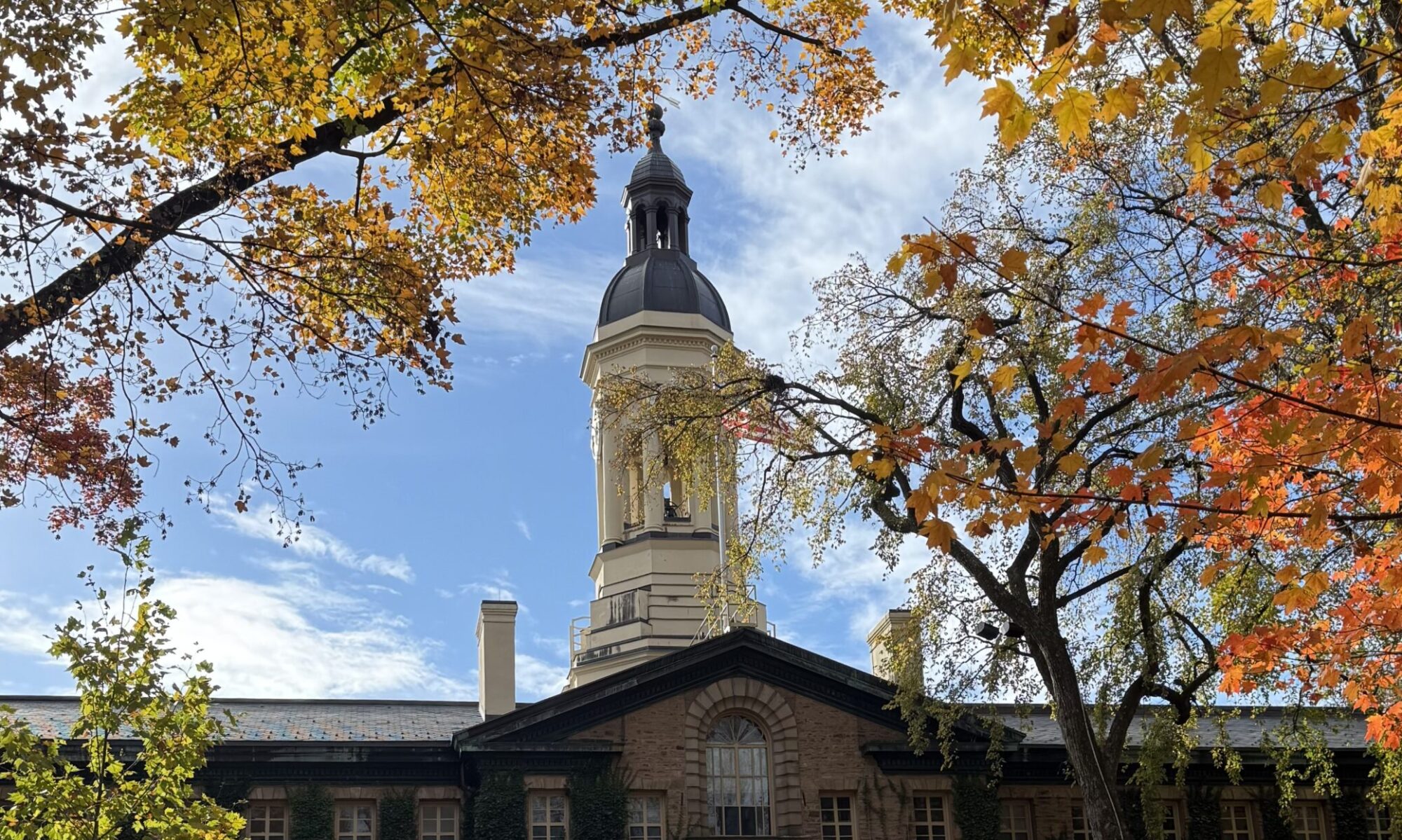Navigating graduate school can feel complex, especially as you seek opportunities for community and growth as a scholar, educator, or competitive job market candidate within academia and beyond. We have curated a list of diverse resources on campus to support you on the journey.
Resources with a funding opportunity are coded as orange. You can also explore funding opportunities with Pivot and Research Funding Gateway, Princeton’s databases of opportunities from federal, state, and private sponsors.
1. Academic & Scholarly Development
Growing as scholars, researchers, and educators
- McGraw Center for Teaching and Learning – Offers extensive programming and services to promote the growth of graduate students as scholars and teachers. Select offerings highlighted below:
- Writing Center – Provides free one-on-one consultations about writing at any stage in the process.
- Graduate Writing Courses – Enables graduate students to develop their skills in reading and writing literature reviews (WRI 501), writing grant proposals (WRI 502), and writing research papers (WRI 503).
- Dissertation Bootcamp – Offers a cohort-based environment (meeting virtually) to build and maintain effective writing practices during the dissertation writing.
- Quin Morton Teaching Fellowship – Allows students in Dissertation Completion Enrollment (DCE) status to design and teach one topic-based, multidisciplinary Writing Seminar of their own design each semester (Fellows are paid at the rate equivalent to 6 AI hours per semester, receive full DCE tuition and Student Health Plan coverage).
- Prison Teaching Initiative (PTI) – Bridges Princeton’s academic and service-driven missions by providing high-quality postsecondary education to incarcerated students in New Jersey.
- High Meadows Environmental Institute (HMEI) – Offers multiple funding opportunities for graduate students engaged in environmental/climate and policy-facing research, including the HMEI-STEP Fellowship (environmental policy focused) and HMEI-CESEn Fellowship (climate and environmental research focus).
2. Professional Development
Preparing for diverse career paths within and beyond academia.
- GradFutures – Offers professional development programming to support graduate students’ career exploration and skill-building for futures in academia, industry, and beyond; select programming highlighted below:
- Graduate Alum Mentoring – Pairs graduate students with a graduate alum as an opportunity to initiate and build a mentoring relationship.
- Professional Development Associates – Allows graduate students to work with the GradFUTURES team to build professional development initiatives for the SEAS/departmental graduate community.
- Center for Career Development – Supports graduate students in exploring a wide range of professional opportunities and developing clarity about career goals; offers Resume/CV reviewing services.
3. Health, Wellness & Accessibility
Taking care of mental health and personal well-being
- Counseling and Psychological Services (CPS) – Supports the psychological wellbeing of the Princeton community at no cost to currently enrolled students and eligible dependents.
- Office of Disability Services (ODS) – Provides access and support to ensure full participation in curricular and co-curricular opportunities for students with disabilities.
- Office of Religious Life (ORL) – Provides religious services, interfaith dialogue, and spiritual support for the University and the broader community.
- Gender & Sexuality Resource Center – Promotes a supportive and inclusive campus environment for women, femme, trans, and queer Princetonians.
4. Community, Identity & Inclusion
Building leadership and professional community
- Princeton Society of Women Engineers (SWE) – Fosters community among women, professors, and alumnae in engineering, while inspiring younger girls to pursue STEM fields.
- Graduate Student Government (GSG) – Represents graduate student interests and enhances campus life through monthly assembly meetings and social programming.
